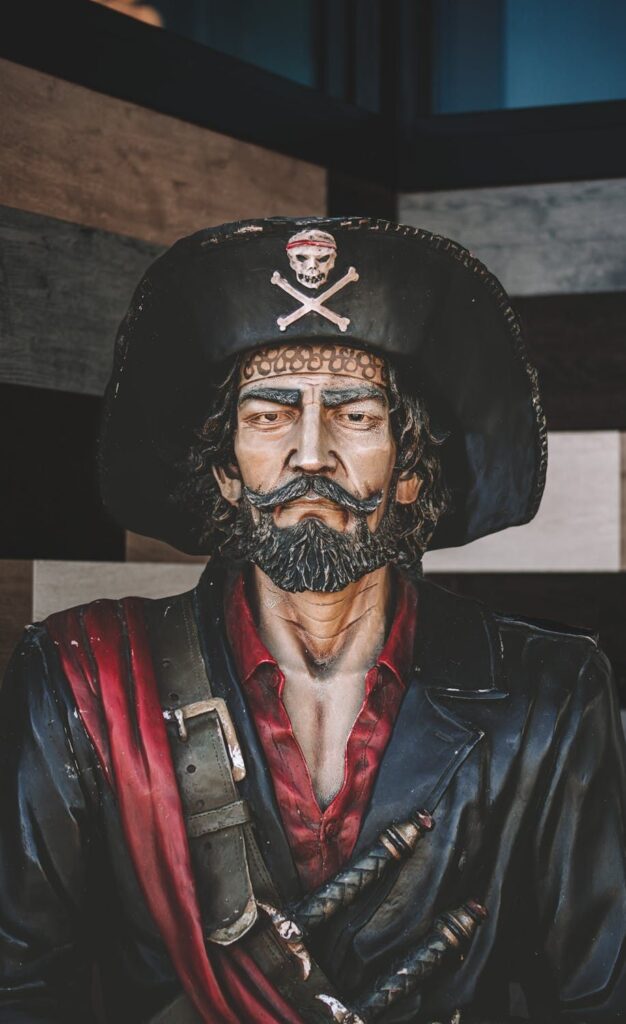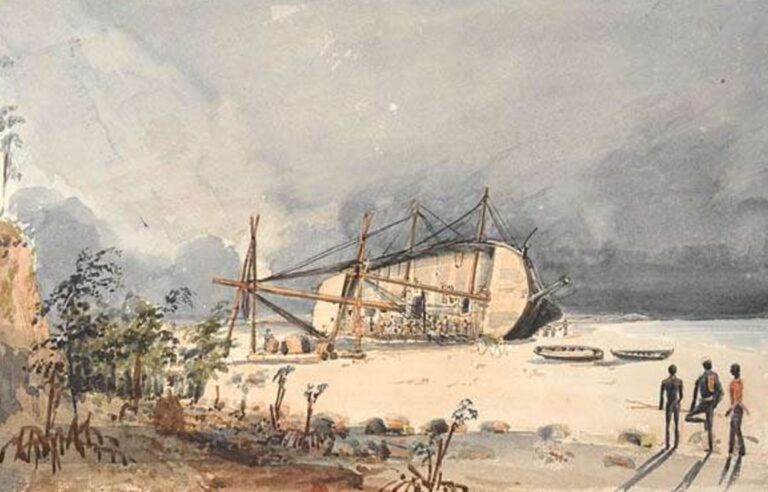Pirates of New England: Legends of Plunder, Adventure, and Infamy

When we think of pirates, our minds often conjure images of the Caribbean, Blackbeard, or Captain Jack Sparrow. Yet, the coast of New England, with its rocky shores and bustling ports, has its own storied history of piracy. From the early 17th to the 19th centuries, pirates roamed the waters of New England, leaving behind a legacy of adventure and infamy. Here, we’ll delve into the history of pirates in New England, shedding light on some of the most notorious figures and their exploits.
The Golden Age of Piracy in New England
The Golden Age of Piracy, spanning the late 17th and early 18th centuries, saw the rise of piracy in New England waters. Pirates targeted vessels that frequented New England’s bustling ports, such as Boston and Newport, which served as prime hunting grounds. One of the most infamous pirates of the era was Captain Kidd, whose name is still associated with buried treasure along the New England coast.
Pirates and Privateers
It’s important to distinguish between pirates and privateers during this era. Privateers were essentially legalized pirates, issued “letters of marque” by colonial governments to seize enemy vessels during wartime. However, some privateers turned to piracy during peacetime, blurring the lines between legality and lawlessness.
Notable Pirates of New England
- Captain William Kidd: Captain Kidd, originally commissioned as a privateer, turned to piracy during his ill-fated journey. In the late 17th century, Kidd became one of the most notorious pirates of his time, and his name is forever linked with tales of buried treasure.
- Thomas Tew: A resident of Newport, Rhode Island, Tew turned from privateering to piracy. He is remembered for a daring voyage that resulted in significant plunder. Tew’s expedition, in the early 1690s, made him one of the most successful pirates of his time.
- William Fly: Active in the late 17th century, Fly terrorized New England waters, particularly around Boston. He was eventually captured and executed, becoming a symbol of pirate justice.
- Edward Teach, aka Blackbeard: While primarily associated with the Caribbean, Blackbeard is said to have frequented the New England coast. His formidable reputation and fearsome appearance struck terror into the hearts of many sailors.
The End of an Era
The Golden Age of Piracy began to wane in the early 18th century as colonial authorities and the Royal Navy clamped down on piracy. Many pirates met their end on the gallows, while others were hunted down and captured. With increased naval patrols and fortified coastal defenses, piracy in New England waters gradually declined.
Legacy and Myth
The legacy of New England’s pirates lives on in myths and legends, inspiring countless stories, books, and films. The idea of hidden treasure still lures treasure hunters and adventure seekers to the region, hoping to uncover the secrets of the past.
Conclusion
Pirates of New England left an indelible mark on the region’s history. Their daring exploits, fierce battles, and hidden treasures continue to captivate the imagination. The era of piracy in New England, although relatively brief, remains an enduring and fascinating chapter in the maritime history of the United States.






